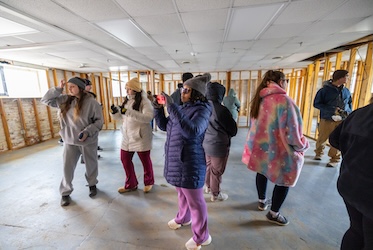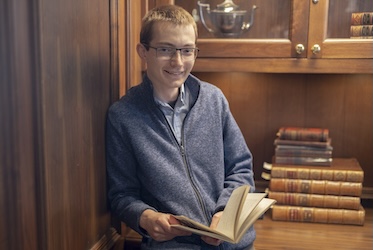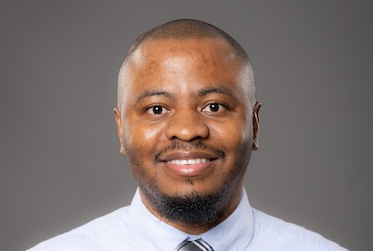
Kennesaw State professors receive $1M grant to prepare students for behavioral health careers
KENNESAW, Ga. | Nov 9, 2021
Kennesaw State University researchers have earned a $1 million federal grant to train students to provide suicide and drug abuse prevention services among youth in five counties across rural northwest Georgia.
Professor emerita of social work Irene McClatchey, professor of social work Monica Nandan, and two other co-investigators will use the four-year grant to prepare 74 behavioral health paraprofessionals to work in rural areas. The ultimate goal of the project is to prevent suicide and non-prescribed drug use among marginalized youth by increasing the number of behavioral health professionals particularly in Bartow, Floyd, Gordon, Paulding and Polk counties. The grant is the first of its kind at KSU from the Health Resources and Services Administration, an agency within the U.S. Department of Health and Human Services.
“There is a shortage of behavioral health workers in rural Georgia,” said Nandan, who also serves as Director of Strategic Partnerships and Social Impact in the Wellstar College. “As we conduct research, engage communities and offer courses, we hope to improve lifestyle outcomes in these areas. This is especially pertinent with the current steep escalation in the availability in counterfeit prescription pills.”

The professors are recruiting students from throughout the university to work at public health clinics, in schools and at social service agencies in the five counties. Participants in the project will be trained across disciplines in diversity, equity, and inclusion, interprofessional collaboration and care, and behavioral health before practicing these skills in an internship setting.
In their internship settings, students will work in groups with fellow students from other disciplines in the project. They will shadow a supervisor, then practice with the supervisor, before participating on their own in interdisciplinary teams for case plans for children, adolescents and transitional youth. They’ll also have opportunities to work with community professionals such as teachers, counselors, emergency health providers and law enforcement.
Associate professor of history and interdisciplinary studies Seneca Vaught will teach the course in diversity, equity and inclusion protocols specific to behavioral health in underserved communities. Professor of health promotion and physical education and Interim Associate Dean Kandice Porter rounds out this team, co-teaching the course in interprofessional collaboration and care, and serving as an advisor to participating students.
McClatchey said while the team seeks to increase behavioral health service providers in these communities, they also want the students who participate in the project to provide those services in the future as professionals in underserved areas.
“We hope the project will continue after the grant cycle ends so that we may build more and more services to lower the suicide and non-prescribed drug use in these areas,” she said. “Throughout the project we’ll keep measuring its effectiveness and efficacy.”
– Dave Shelles
Related Stories

Kennesaw State architecture, engineering students reimagine Asheville's devastated River Arts District

First-year Kennesaw State student, author recognized as versed local historian

Kennesaw State student leverages Double Owl Pathways program to accelerate career path

Kennesaw State assistant professor receives national honor for mentorship in oncology nursing
A leader in innovative teaching and learning, Kennesaw State University offers undergraduate, graduate, and doctoral degrees to its more than 47,000 students. Kennesaw State is a member of the University System of Georgia with 11 academic colleges. The university’s vibrant campus culture, diverse population, strong global ties, and entrepreneurial spirit draw students from throughout the country and the world. Kennesaw State is a Carnegie-designated doctoral research institution (R2), placing it among an elite group of only 8 percent of U.S. colleges and universities with an R1 or R2 status. For more information, visit kennesaw.edu.















